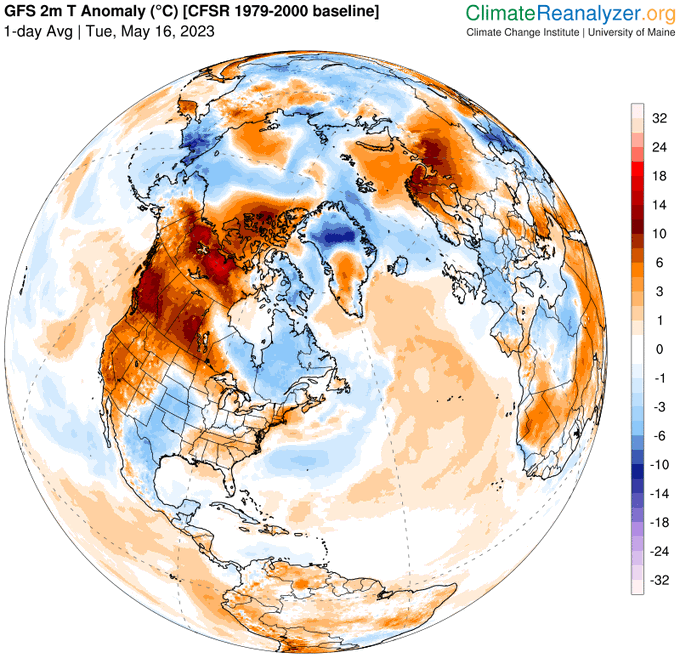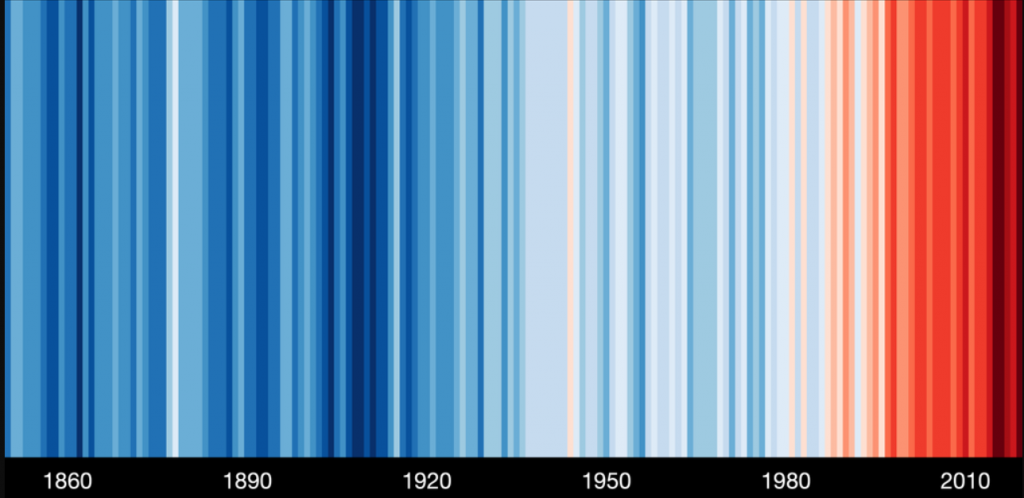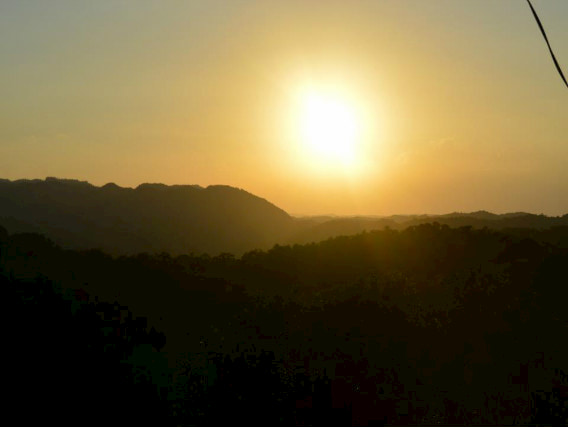In recent years, the world has witnessed an increase in extreme temperatures and intense weather events, and Latin America and the Caribbean have not been exempt. Amidst this concerning trend, recent records of high temperatures in Canada have raised alarm worldwide. This article will examine the current climate situation, highlighting the heatwave in Canada and its relevance to the Latin American and Caribbean region.
Heatwave in Canada:
In May, Canada experienced an unprecedented heatwave that broke temperature records in several regions of the country. One notable example was Lytton in British Columbia, where a record daily maximum temperature of 36.5°C was recorded last Monday. These high temperatures are not only remarkable in themselves but have also sparked a series of devastating wildfires.

Wildfires and their consequences:
Wildfires in Canada have been an additional concern amidst the heatwave. The smoke from these fires has been transported over long distances, reaching North America and the Atlantic. Furthermore, high aerosol optical depth values have been observed due to the presence of Saharan dust over the Mediterranean. These climatic events are interconnected and have significant implications not only for Canada but also for other regions, including Latin America and the Caribbean.
Impact on Latin America and the Caribbean:
While the direct effects of the heatwave in Canada may seem distant, it is important to understand how these weather events can influence other parts of the world, including Latin America and the Caribbean. One immediate concern is the increase in temperatures in the region, which is already experiencing high temperatures due to climate change.
The rising temperatures in Latin America and the Caribbean pose considerable challenges. High temperatures can have negative impacts on human health, agriculture, and water availability. Additionally, more intense and prolonged droughts can affect food production, increase water scarcity, and exacerbate existing issues in the region.
In response to these challenges, it is crucial for countries in Latin America and the Caribbean to implement effective measures to mitigate and adapt to climate change. This involves strengthening community resilience, improving water management, promoting sustainable agricultural practices, and reducing greenhouse gas emissions.
The heatwave in Canada and high temperatures in Latin America and the Caribbean are alarming indicators of ongoing climate change. These extreme events underline the need for global action to address global warming and its impacts on different regions of the world. It is imperative for governments, international organizations, and society as a whole to work together to reduce greenhouse gas emissions, promote renewable energy sources, and adopt climate change adaptation measures.
In Latin America and the Caribbean, it is essential to enhance the capacity to respond to high temperatures and extreme weather events. This includes investing in early warning systems, climate-resilient infrastructure, and education and awareness programs regarding the importance of environmental sustainability.
Furthermore, promoting regional and international collaboration in the fight against climate change is fundamental. Latin American and Caribbean countries can share experiences, knowledge, and best practices in mitigation and adaptation to climate change.
In conclusion, the heatwave in Canada and high temperatures in Latin America and the Caribbean are alarming indicators of current climate challenges. These events emphasize the need for urgent action to combat climate change and protect communities from its impacts. Only through collective action and the implementation of sustainable policies and practices can we build a resilient and secure future for future generations in all regions affected by global warming.

Pablo Alexander Portillo.
pablo.portillo@fiaes.org.sv





